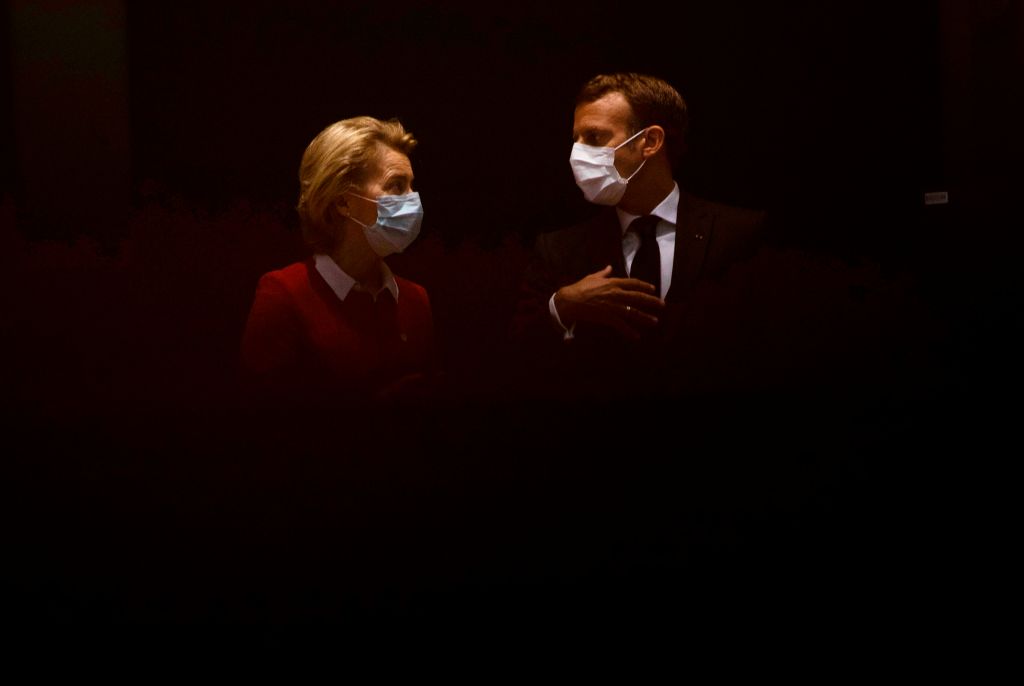Rewind a few months, and it was all meant to be very different. With Covid-19 rampant across the world, the European Union would take charge of sourcing vaccines from the major drugs companies. Its massive buying and regulatory power, coupled with its finely-tuned administrative machine, would make sure its 440 million people were protected from the virus before anyone else. It would be a magnificent demonstration of the whole point of the organisation. The trouble is, not only has the project already started to come off the rails, it is getting worse with every day that passes. Europe’s vaccine alliance is crumbling with potentially far-reaching consequences.
Europe’s vaccine alliance is crumbling with potentially far-reaching consequences.
The president of the European Commission Ursula von der Leyen was already under intense pressure last week after it emerged the EU had bought too few of the wrong vaccines. This week, countries have started to peel away from the programme. First Germany ordered another 30 million doses of the BioNTech-Pfizer jab. Today we learned that the Cypriot president Nicos Anastasiades has started begging the super-efficient Israelis – with 20 per cent of its population already vaccinated – for some spare supplies. That is especially embarrassing because the health commissioner in charge of the program, Stella Kyriakides, happens to be from Cyprus. A vote of confidence in their woman in Brussels? Not really.
In response, Von der Leyen has started telling all 27 members that they should not be snapping up their own supplies. ‘We have all agreed, legally binding, that there will be no parallel negotiations, no parallel contracts,’ she said. ‘We’re all working together.’
Sending in the lawyers, however, is hardly going to fix the problem. Not every country has gone as far as buying their own supplies (although a lot of phone calls may be going into the Pfizer HQ) but many more are starting to complain. The Finish prime minister Sanna Marin has already written to Von der Leyen demanding the Commission get its act together.
The trouble is, the EU didn’t buy nearly enough vaccines, and not the right ones, and it is going to be very hard for it to hold this line. Is it seriously going to prosecute countries that buy in extra supplies of the vaccine from elsewhere simply to save lives? Or fine the drugs companies if they sell extra doses to them?
In fact, the EU has two big problems. First, back in the summer it used Covid-19 to hijack health care policy, an area where it has long harboured ambitions. But, as so often, it willed the ends, without putting the means to deliver it in place.
Next, its regulatory ambitions means it has few friends among big business. After a decade of bringing the multi-nationals to heel, and boasting that it is a regulatory superpower, it is hard to believe the likes of Pfizer, AstraZeneca, GSK and soon Johnson & Johnson (which will have a single dose vaccine shortly) are not quietly enjoying its discomfort.
Constant war on big business is all very well, but there is no point in complaining when they are not in your corner when you need them. ‘Vaccinegate’, as it is known in Germany, is fast turning into a re-run of the euro crisis. Like the single currency, the vaccine program was meant to demonstrate how Europe is more effective when it works together – but has ended up only proving the exact opposite.






Comments